These were the key factors behind the decision of multi-national food giant Danone to invest €50m in their Macroom, Co Cork infant formula plant.
The expansion from 30,000 to 100,000 tonnes of output per annum will transform Macroom into the largest single production site in Danone's global network of 21 plants. In fact, the new 10 tonne spray dryer currently under construction will be the largest at any infant formula plant in the world.Dairygold co-op will be the main supplier to Danone's Macroom plant and will become the third largest supplier to Danone globally (after Fonterra and FrieslandCampina).
In an exclusive interview with the Irish Farmers Journal, Vincent Maurice, vice president of operations in Danone's baby nutrition division, signalled that this may be just the first stage of the global giant's expansion in Ireland. ``This factory is certainly not the end point. We are growing at 10% per year, so the needs of tomorrow are much higher than today. We need to permanently increase the capacity.''
He revealed that Ireland saw off competition for the investment from the Netherlands, France, Germany and Poland. Given that raw materials account for 70% of the cost of infant formula manufacture, access to a plentiful supply of ``competitively priced'' milk was crucial.However, Vincent Maurice warned that high energy prices nearly cost Ireland the project.
``Our industry consumes a lot of energy. Ireland is not the best country regarding competitively-priced energy. ``We are working on it, for example with a possible biomass project in Wexford. We are actively pushing and discussing with various agencies. In Macroom, we will move from oil to gas.''
In an open and frank interview, the senior executive made no secret of the fact that Ireland's fragmented dairy processing structure was an attraction.``For us, it is always more difficult to operate in a country where you have a single source of supply, such as Fonterra in New Zealand. We like a bit of competition ö it is always good for improvement.
''
The Macroom plant will ship semi-finished product in one-tonne bags to blending plants around the world.
The product from Ireland will primarily be sold in Europe after being packed in factories in the Netherlands, Germany, Poland and France. In the future, an increasing proportion of output will go to Asia Pacific. Danone is the second largest player in the world in the baby nutrition business and its sales are growing by close to 10% per year, which is ahead of the overall industry average. The company is particularly strong in emerging markets, which account for 50% of their sales (Figure 2).
Vincent Maurice said that New Zealand was not considered for the latest capacity expansion, as most extra product is required for Europe initially. ``We are already a big buyer of powder in New Zealand and we don't want to become dependent.
``We need to be careful also in Ireland, as from next year, Ireland will represent 70% of the milk powder that we use in Europe. This is becoming big, so we need to be careful in terms of risk management. Also, Dairygold will represent 30% of our demineralised whey requirements in Europe. However, if sales growth of 10% per annum is maintained, dependence on Ireland will gradually fall.
CHEAPER MILK
Vincent Maurice agreed that Ireland would be a cheaper source of raw materials than the Netherlands and France. ``We also believe that this industry has a lot of potential post milk quotas and we want to benefit out of it,'' he said.
Vincent Maurice revealed that raw materials account for 70% of the cost of infant formula manufacture (Figure 3). ``We have more benefits of centralisation close to good competitive milk sources. We have two types of factories ö one close to the cows producing powders and the second, close to consumers, doing blending and finished product packaging.''
He said that the concern around transport is more about reducing the CO2 footprint rather than the actual transport cost.
DANONE PROFILE
French-based Danone is one of the fastest growing food companies in the world. In 2010, Danone had sales of €17bn from its 160 production plants and 100,000 employees. Its mission is ``to bring health through food to as many people as possible''. It ranks number one worldwide in fresh dairy products (e.g. Actimel); number 2 in baby nutrition (e.g. Aptamil, Cow & Gate, Dumex) and bottled water (e.g Evian, Volvic) and is Europe's number one medical nutrition company.
90% of output from�Macroom will be exported. Initially, most exports will go to Europe.
Annual extra spend on raw materials will be €65m.
The output of the plant will �generate €150m of export earnings.
The Macroom plant will use 100m litres of skim milk concentrate/year and 18,000t of demineralised whey.
Baby nutrition is 100%�branded product.
These were the key factors behind the decision of multi-national food giant Danone to invest €50m in their Macroom, Co Cork infant formula plant.
The expansion from 30,000 to 100,000 tonnes of output per annum will transform Macroom into the largest single production site in Danone's global network of 21 plants. In fact, the new 10 tonne spray dryer currently under construction will be the largest at any infant formula plant in the world.Dairygold co-op will be the main supplier to Danone's Macroom plant and will become the third largest supplier to Danone globally (after Fonterra and FrieslandCampina).
In an exclusive interview with the Irish Farmers Journal, Vincent Maurice, vice president of operations in Danone's baby nutrition division, signalled that this may be just the first stage of the global giant's expansion in Ireland. ``This factory is certainly not the end point. We are growing at 10% per year, so the needs of tomorrow are much higher than today. We need to permanently increase the capacity.''
He revealed that Ireland saw off competition for the investment from the Netherlands, France, Germany and Poland. Given that raw materials account for 70% of the cost of infant formula manufacture, access to a plentiful supply of ``competitively priced'' milk was crucial.However, Vincent Maurice warned that high energy prices nearly cost Ireland the project.
``Our industry consumes a lot of energy. Ireland is not the best country regarding competitively-priced energy. ``We are working on it, for example with a possible biomass project in Wexford. We are actively pushing and discussing with various agencies. In Macroom, we will move from oil to gas.''
In an open and frank interview, the senior executive made no secret of the fact that Ireland's fragmented dairy processing structure was an attraction.``For us, it is always more difficult to operate in a country where you have a single source of supply, such as Fonterra in New Zealand. We like a bit of competition ö it is always good for improvement.
''
The Macroom plant will ship semi-finished product in one-tonne bags to blending plants around the world.
The product from Ireland will primarily be sold in Europe after being packed in factories in the Netherlands, Germany, Poland and France. In the future, an increasing proportion of output will go to Asia Pacific. Danone is the second largest player in the world in the baby nutrition business and its sales are growing by close to 10% per year, which is ahead of the overall industry average. The company is particularly strong in emerging markets, which account for 50% of their sales (Figure 2).
Vincent Maurice said that New Zealand was not considered for the latest capacity expansion, as most extra product is required for Europe initially. ``We are already a big buyer of powder in New Zealand and we don't want to become dependent.
``We need to be careful also in Ireland, as from next year, Ireland will represent 70% of the milk powder that we use in Europe. This is becoming big, so we need to be careful in terms of risk management. Also, Dairygold will represent 30% of our demineralised whey requirements in Europe. However, if sales growth of 10% per annum is maintained, dependence on Ireland will gradually fall.
CHEAPER MILK
Vincent Maurice agreed that Ireland would be a cheaper source of raw materials than the Netherlands and France. ``We also believe that this industry has a lot of potential post milk quotas and we want to benefit out of it,'' he said.
Vincent Maurice revealed that raw materials account for 70% of the cost of infant formula manufacture (Figure 3). ``We have more benefits of centralisation close to good competitive milk sources. We have two types of factories ö one close to the cows producing powders and the second, close to consumers, doing blending and finished product packaging.''
He said that the concern around transport is more about reducing the CO2 footprint rather than the actual transport cost.
DANONE PROFILE
French-based Danone is one of the fastest growing food companies in the world. In 2010, Danone had sales of €17bn from its 160 production plants and 100,000 employees. Its mission is ``to bring health through food to as many people as possible''. It ranks number one worldwide in fresh dairy products (e.g. Actimel); number 2 in baby nutrition (e.g. Aptamil, Cow & Gate, Dumex) and bottled water (e.g Evian, Volvic) and is Europe's number one medical nutrition company.
90% of output from�Macroom will be exported. Initially, most exports will go to Europe.
Annual extra spend on raw materials will be €65m.
The output of the plant will �generate €150m of export earnings.
The Macroom plant will use 100m litres of skim milk concentrate/year and 18,000t of demineralised whey.
Baby nutrition is 100%�branded product.




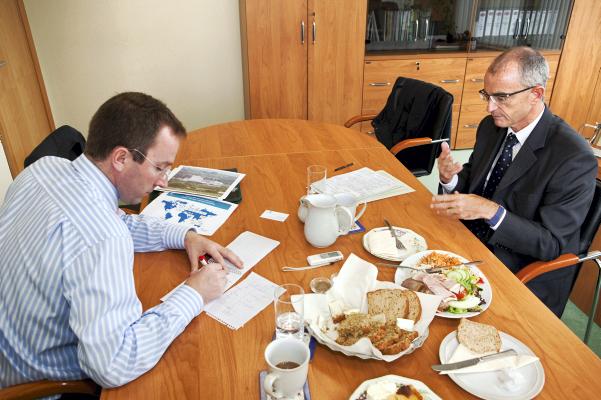
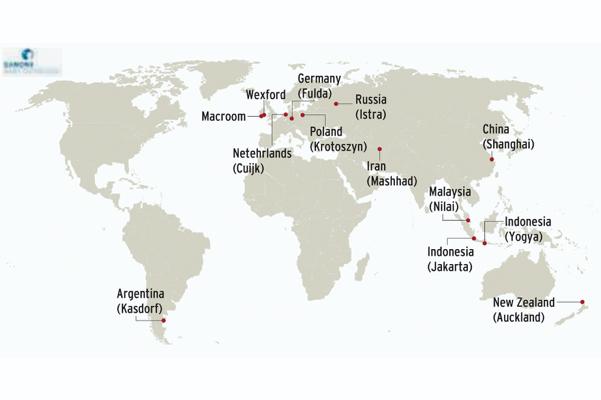
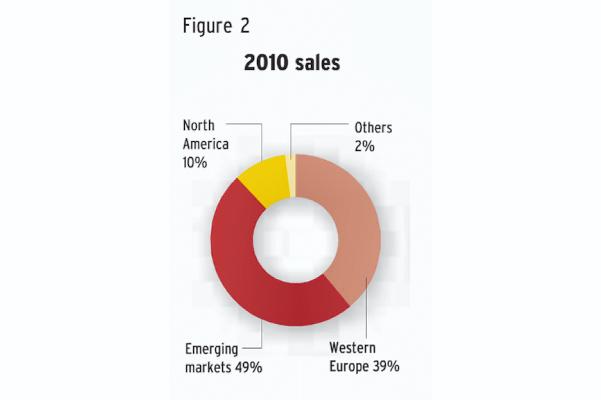


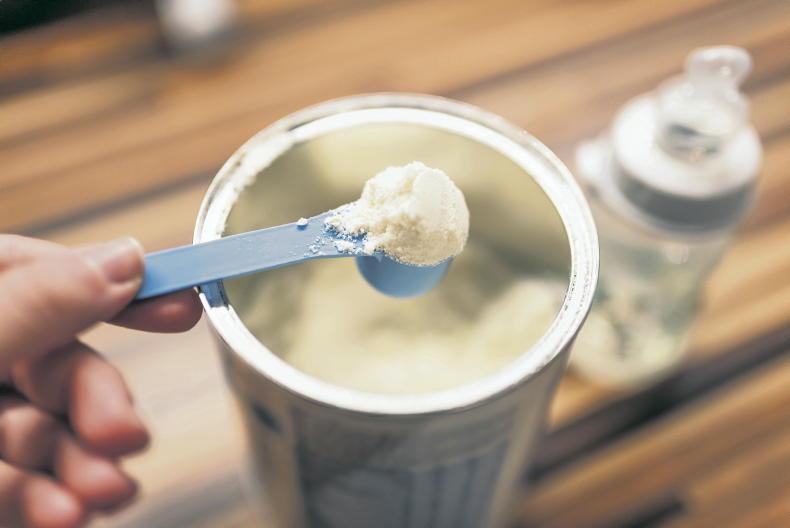
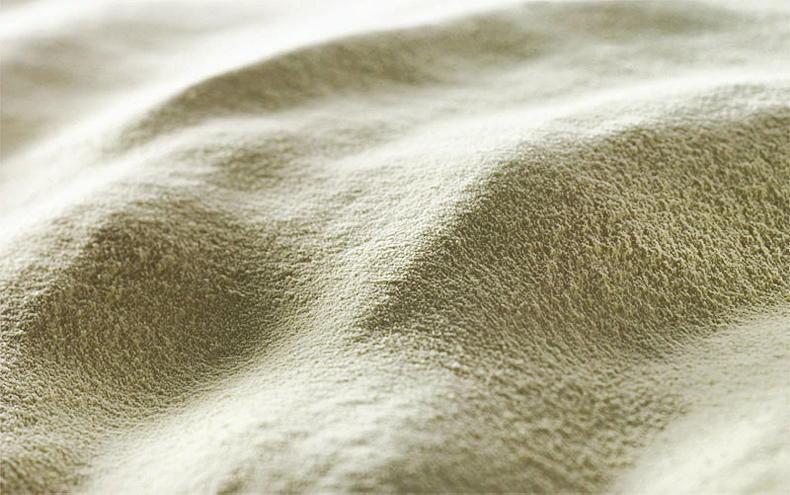
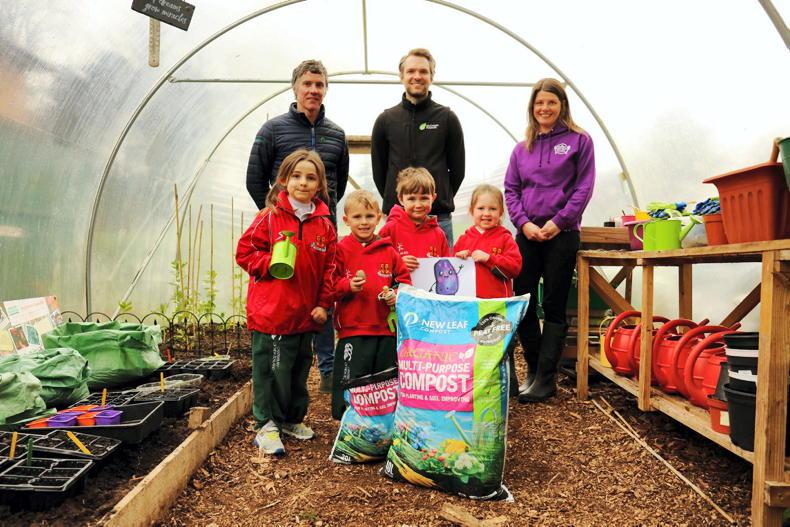
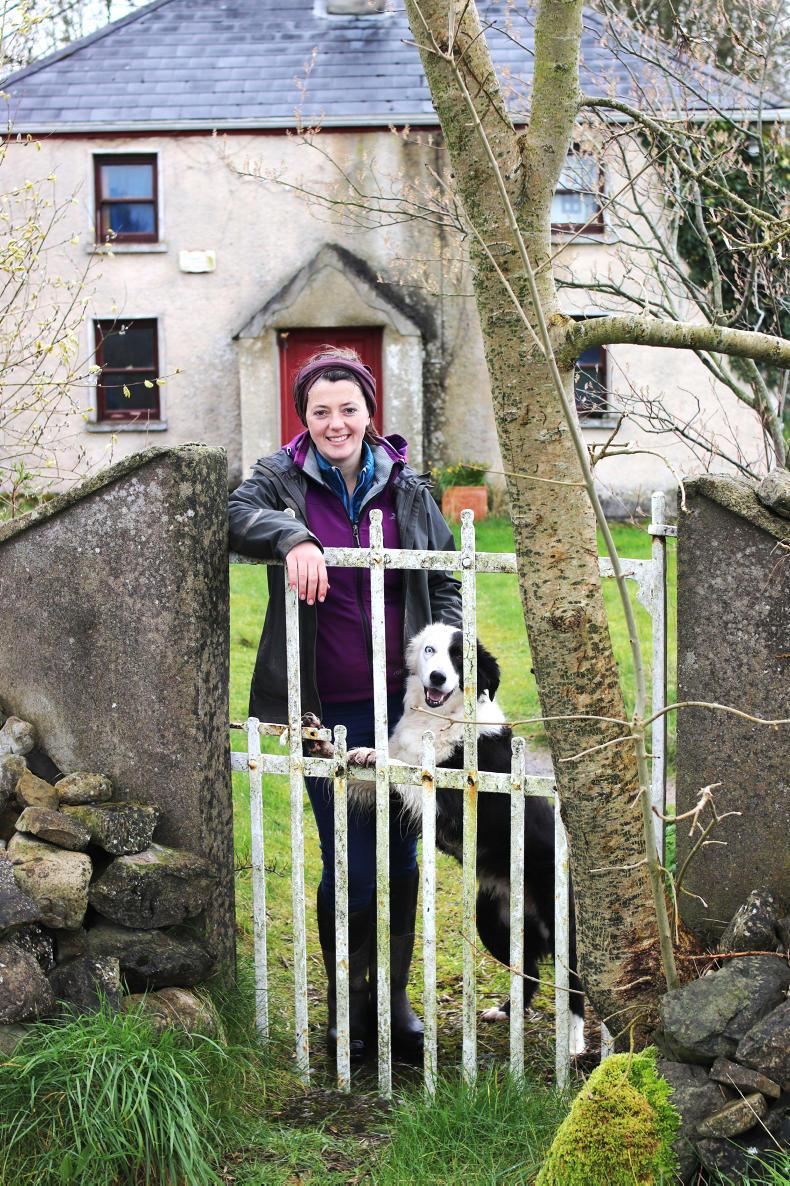
SHARING OPTIONS